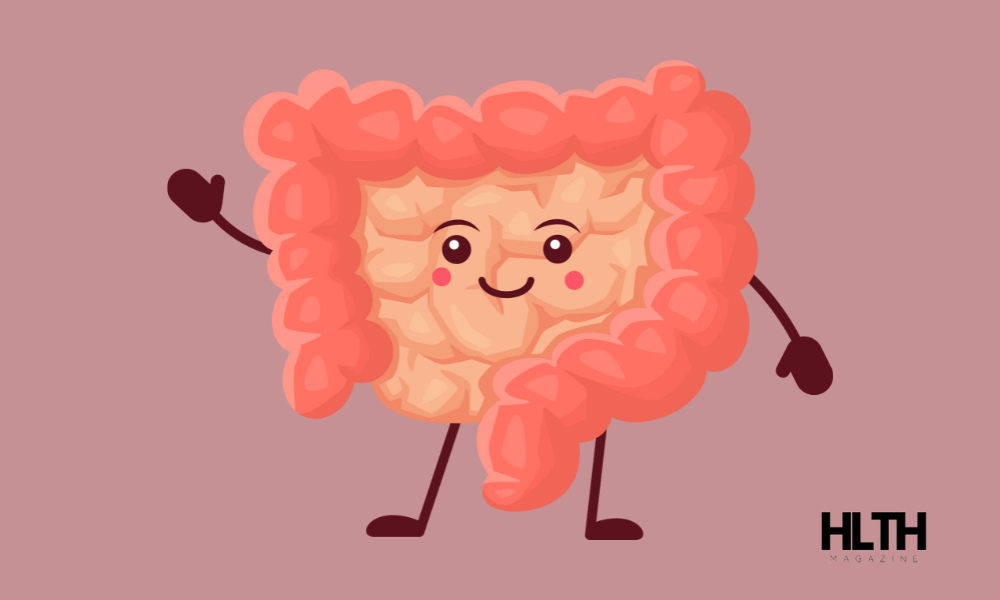We've known that a higher diversity of the gut bacteria is commonly associated with health, but we've not really understood what makes a "good" microbiome. And that's where new research methods are beginning to help.
New research is exploring gut microbiome development in both children and adults, linking it to various health outcomes.
Key Traits of a Healthy Gut Microbiome
Due to regional diets, there are of course some differences across cultures, but there have been some universal observations in microbiome composition, with a healthy gut microbiome typically being characterized by:- High microbial diversity and gene richness
- Ecological stability: resistance to disruption and quick recovery after stress
- Functional competence: beneficial metabolic functions for the host’s health
- Early Development and Health Associations
We've recently learned that early life is critical for gut microbiome development, influencing immune and metabolic systems. A recent observational study followed 984 Finnish infants, revealing that gut microbiome development can be mapped in the first two years, with changes linked to future health.
The study identified five major microbiome trajectories, with the most common pattern showing an initial abundance of Bifidobacterium and Bacteroides, later replaced by Veillonella and Faecalibacterium.
This resulted in lower risks of allergies and respiratory issues up to age five. In contrast, other trajectories, like those with a drop in Bifidobacterium and a rise in Clostridium and Klebsiella, were linked to higher risks of allergies.
Gut Microbiome Wellness Index
Mayo researchers have created what is now known as the Gut Microbiome Wellness Index which seems to have around an 80% accuracy in distinguishing healthy individuals from those with various diseases.
To do this they used data from 8,069 stool samples worldwide. A higher index score suggests healthier microbiome compositions, and this tool may help track diet impacts and microbiome recovery after antibiotic use.
New AI Analysis for Core Microbiome Health Indicators
Now, onto the AI bit, the recent study from Rutgers University used AI to pinpoint specific gut microorganisms crucial for digestion, immune health, and mental well-being.
This model could potentially advance what we already know dramatically and has been focused on stable interactions within the microbiome. It's separated bacteria into two groups.
The Foundation Guild (beneficial) and the Pathobiont Guild (potentially harmful), which compete as a measure of health. And this could potentially simplify and improve the study of the microbiome for the long term.
